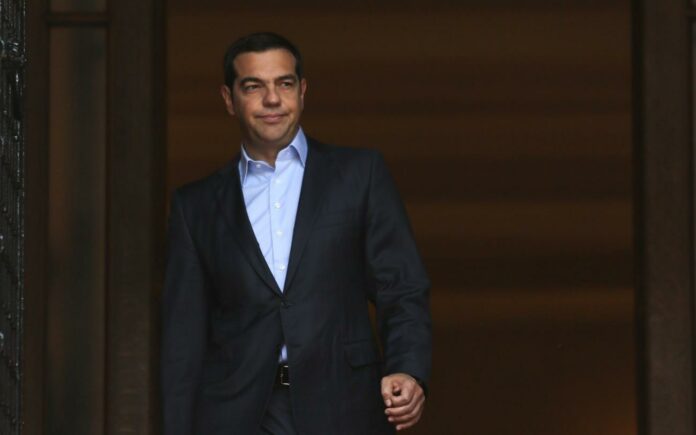Greek Prime Minister Alexis Tsipras, a previous political firebrand that swept into power on a radical leftist and populist platform in January 2015, appeared decidedly pragmatic and even apologetic in a latest interview with Die Welt.
Among others, he said he won’t allow any “reversal” in pension reforms undertaken in the country (mostly in the form of social security spending cuts), while adding that “if a (Greek) court requests, we’ll testify in favor” of the former head of Greece’s statistics authority.
The latter reference touches on the continued prosecution of Andreas Georgiou, who headed up the authority, EL.STAT, during a period when it provided data showing that the Greek state’ primary budget deficit in 2009 exceeded 15 percent of GDP – the driving reason for the country’s economic “nosedive” and skyrocketing of spreads for Greek bonds in late 2009. The development brought Greece on course for an IMF bailout, later joined by Eurozone creditors.
Asked about Greece’s significant external debt, most of which is now held by European partners and Eurozone institutions, he noted that “we do not demand that our obligations are put away on file”.
The leftist political leader who once rallied political supporters with his “Go back Madam Merkel” catchphrase while in the opposition also had kind words for the German chancellor, praising her role, for instance, in dealing with the Mideast refugee crisis that swamped Greece in 2015, coming in the first few months of the Tsipras government’s assumption of power.
Moreover, asked about a controversial July 2015 referendum he called in order to receive Greek voters’ approval (or disapproval) for a “final offer” by creditors – which was actually withdrawn by the time the referendum was held on July 5 – Tsipras said the “situation at the time was difficult … in hindsight, and with the knowledge we have now, we can naturally evaluate different things…”
Finally, in reference to debt relief measures that his government continues to press for, the Greek premier said he considers that a 2017 agreement with Eurozone creditors over debt forgiveness stands. His comment comes before a crucial June 21 Eurogroup meeting where the issue of Greek debt relief will be on the agenda.
In one of the first political reactions to Tsipras’ interview, a main opposition New Democracy (ND) party spokeswoman on Monday asked “until when will we be paying for the Greek prime minister’s mea culpae”.
Spokeswoman Maria Spyraki, who is also a MEP for ND, charged that “Mr. Tsipras now declares he regrets the 2015 referendum. It took time for him to understand that his decisions divided the Greek people and cost the country 100 billion euros, and two unnecessary memorandums.”














